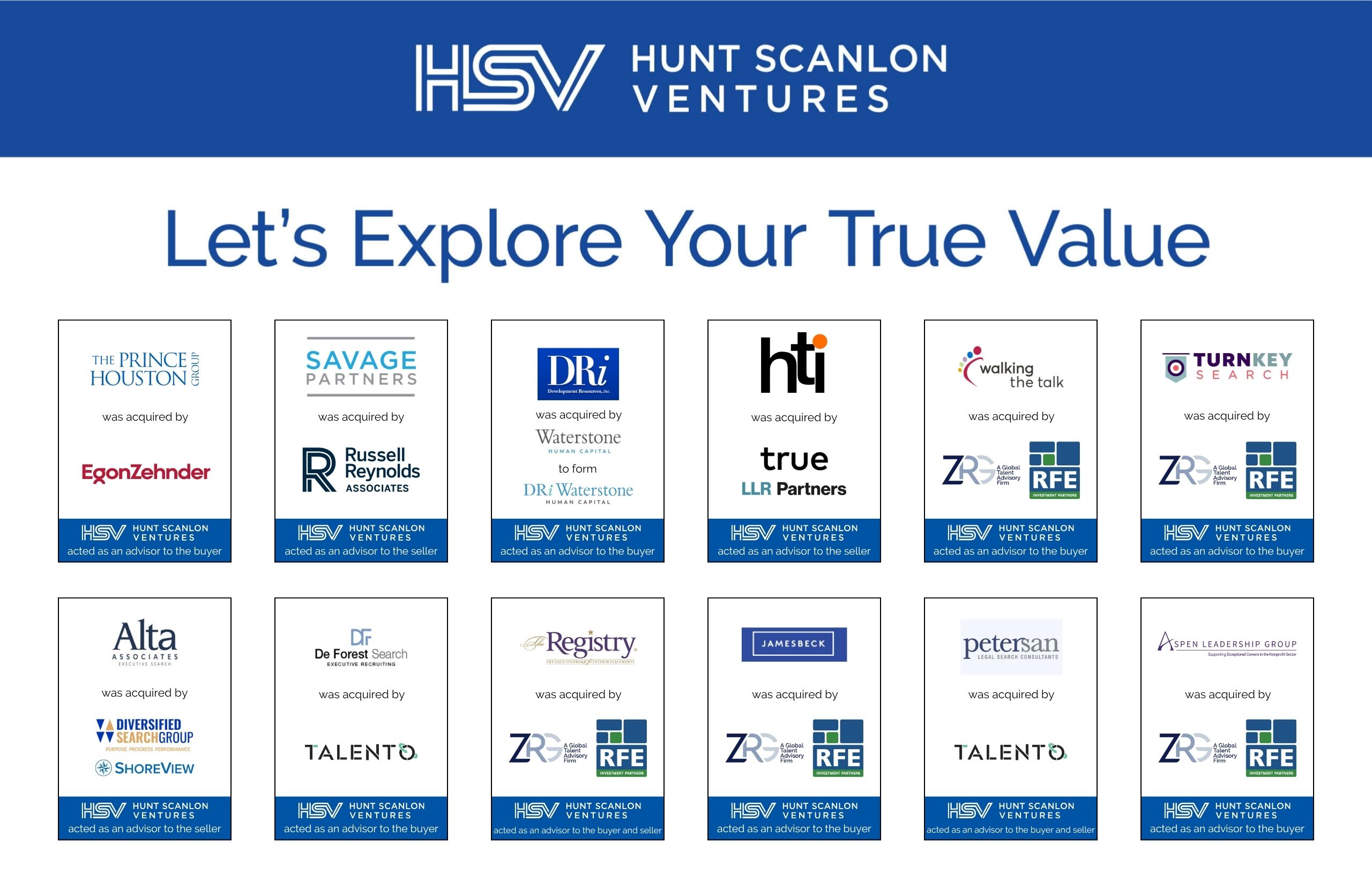After two years of volatility, dealmakers are regaining their footing — and reimagining how strategy, technology, and leadership intersect to create value. Drawing on Boston Consulting Group’s latest M&A report, Evan Berta – an associate at Hunt Scanlon Ventures – explores how the next chapter of dealmaking is being shaped by bold leadership, AI-driven insight, and a renewed appetite for growth.
BCG’s latest M&A report – The Brave New World of Dealmaking in the Global Market – finds that despite upheaval in the market, dealmakers are proving more strategic, and more versatile, than ever.
“After navigating significant turbulence earlier this year, the market has shown its resilience, driven by strategic adaptability among experienced dealmakers,” noted BCG. The firm’s M&A Sentiment Index points to a steadily improving outlook, particularly in technology and energy, which BCG identifies as “showing strong confidence going forward.”
Aggregate deal value increased 10 percent in the first nine months of 2025 compared with the same period last year, said BCG, driven by renewed large-scale activity.
BCG highlights a resurgence of megadeals, noting that the number of megadeals – those valued at $10 billion or more – reached 27, up from 21 over the first nine months of 2024. This, the report says, signals “growing optimism in the market.”
“The resurgence in large-scale transactions is a confidence signal, but it is also a leadership signal,” said Evan Berta, an associate at Hunt Scanlon Ventures. “Big deals don’t move without conviction, and conviction comes from the top.”
Private Capital Fuels the Rebound
The BCG analysis also underscores the return of financial sponsors as key drivers of activity.
“Private equity (PE) and venture capital (VC) activity is trending higher. Global PE deal value rose 38 percent year-to-date through the first three quarters of 2025 compared with the same period last year.”
“Private equity (PE) and venture capital (VC) activity is trending higher,” the report noted. Global PE deal value rose 38 percent year-to-date through the first three quarters of 2025, according to the report, compared with the same period last year.
Despite tighter fundraising conditions since the 2021 peak, BCG said that PE firms “continue to sit on substantial dry powder – approximately $2 trillion in undeployed capital as of early October 2025 – maintaining pressure on investors to invest these resources strategically.”
Mr. Berta emphasized that this liquidity represents both opportunity and urgency. “Private equity has the cash and the mandate. What separates winners now is execution, speed and the ability to identify leadership platforms that can scale,” he said.
Technology and Energy Lead, but Strategy Wins
Across regions and sectors, BCG said that technology remains the dominant engine of global dealmaking.
“Sector-specific trends highlight areas of strong activity: technology remains a key focus that is especially attractive to PE investors,” the report noted. Energy and utilities are also expected to remain “robust,” while industrials and materials are benefitting from critical-resource realignments.
In this environment, BCG said that M&A is no longer optional, but imperative.
“Mergers, acquisitions, and divestitures have become essential components of corporate strategy. Strategic M&A is no longer seen as risky or optional – it is critical for executing business transformations and achieving ambitious growth objectives.”
“Mergers, acquisitions, and divestitures have become essential components of corporate strategy,” BCG noted. “Strategic M&A is no longer seen as risky or optional – it is critical for executing business transformations and achieving ambitious growth objectives.”
That sentiment echoes what we see across the human capital sector, said Mr. Berta.
“Leadership advisory firms, like the companies they serve, are now treating M&A as part of their operating model. Whether it is diversification or data integration, transactions have become a strategic muscle rather than a one-off move,” he noted.
AI Is Transforming the M&A Playbook
BCG picked artificial intelligence as the single most transformative development in modern dealmaking.
“AI and advanced analytics have shifted from theoretical concepts to operational realities, transforming the M&A landscape,” the report said. “AI-driven innovations are reshaping deal processes, streamlining due diligence, and enhancing transaction efficiency.”
“The question facing dealmakers is no longer whether AI will impact their operations, but how quickly and effectively they can integrate these tools into their daily workflows,” noted BCG in the report.
This is increasingly evident in talent-focused transactions, said Mr. Berta explained.
“Experienced dealmakers consistently outperform peers during downturns or volatile periods.”
“We’re seeing the same thing in human capital M&A. Human capital firms that harness AI for talent mapping, predictive analytics, and leadership assessment are commanding higher valuations. In our view, technology isn’t just an enabler anymore, but a differentiator.”
Lessons for Leadership and Long-Term Growth
“M&A is fundamentally about long-term strategic positioning rather than short-term gains,” said BCG. The firm urges executives to use portfolio moves as tools for transformation rather than reaction.
“Experienced dealmakers consistently outperform peers during downturns or volatile periods,” using disciplined planning and scenario modeling to manage risk, it noted.
“The firms that thrive in this next chapter of M&A will be those that treat leadership and agility as capital assets,” said Mr. Berta. “Dealmaking is getting faster, smarter, and more technology-driven, but ultimately, it’s still about the people who see opportunity in uncertainty.”
Article By

Evan Berta
Evan Berta is Editor-in-Chief of ExitUp, the investment blog from Hunt Scanlon Ventures designed for professionals across the human capital M&A sector. Evan serves as an Associate for Hunt Scanlon Ventures, specializing in data analysis, market mapping, and target list preparation.






